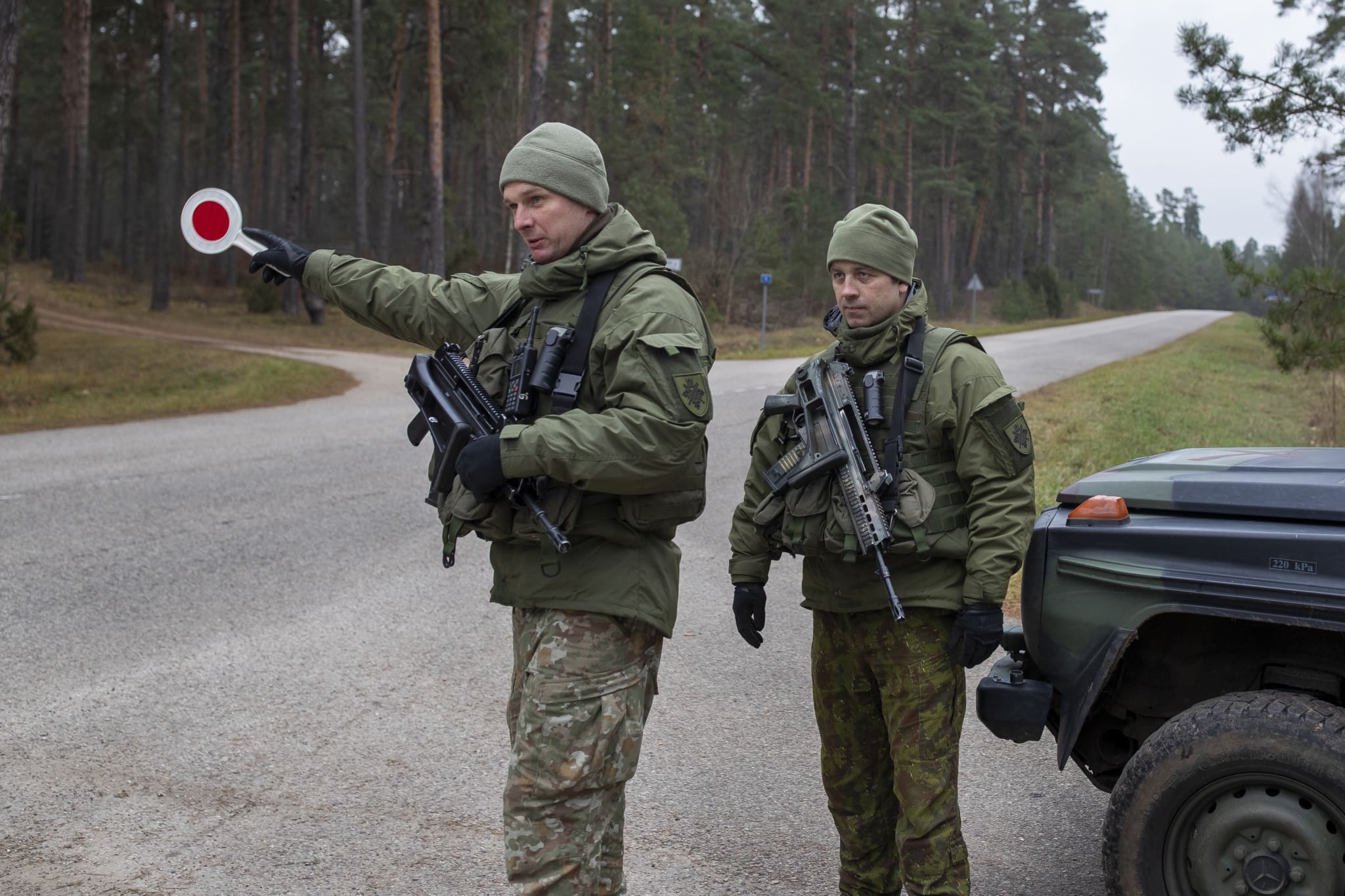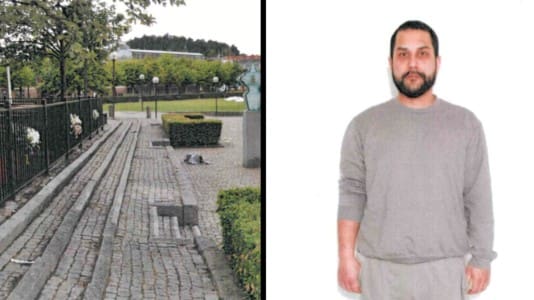Lithuania and Latvia have followed Poland’s lead in ramping up security along their borders with Belarus following the arrival of Russian mercenaries in the belligerent nation.
The Lithuanian government announced on Thursday its intention to temporarily close two of its six border crossings with Belarus. The crossings at Tverečius and Šumskas will be shut from Friday onwards for an undetermined period.
“This decision is one of the preventive measures to contain threats to national security and possible provocations at the border,” explained Lithuania’s Interior Minister Agne Bilotaite.
Meanwhile, Latvian Defense Minister Ināra Mūrniece ordered the military to help guard the country’s Belarusian border after a spike in illegal migrant activity at the crossings earlier this week. It is understood that Latvian border guard officials have been recalled from vacation and soldiers have been deployed to areas with higher activity than usual.
[pp id=88853]
The move followed a statement from the Latvian Border Guard on Tuesday, which claimed to be in receipt of “information about a possible increase in hybrid threats” at the border.
“We have seen that this summer the pressure from Belarus is not decreasing but gradually increasing,” said Latvian Prime Minister Krišjānis Kariņš.
“We are simply increasing our presence and sending a clear signal to both our own society and the Belarusian authorities that this is no joke,” he added.
The term “hybrid warfare” has been used regularly by Poland and the Baltic States in recent years. These countries accuse Russia and its Belarusian ally of facilitating and encouraging illegal migrant activity at Europe’s external border in order to destabilize the region and undermine the respective governments of Lithuania, Latvia and Poland, all of whom have pledged their allegiance to Ukraine in the ongoing conflict.
Lithuania has also urged its citizens not to travel to Belarus, erecting signs on its side of the border that read: “Do not risk your safety — do not travel to Belarus. You may fail to come back.”
[pp id=88442]
The ramping up of security by Latvia and Lithuania follows drastic measures implemented by Warsaw earlier this week, which announced that 10,000 additional soldiers would be deployed to the border as a precautionary measure and an act of strength against any potential aggression.
“About 10,000 soldiers will be on the border, of which 4,000 will directly support the Border Guard and 6,000 will be in the reserves,” announced Polish Defense Minister Mariusz Blaszczak.
The move was in response to Belarusian President Aleksandr Lukashenko’s decision to allow exiled Russian mercenaries from the Wagner Group to reside in the country, some of whom have threatened to infiltrate Polish territory.






